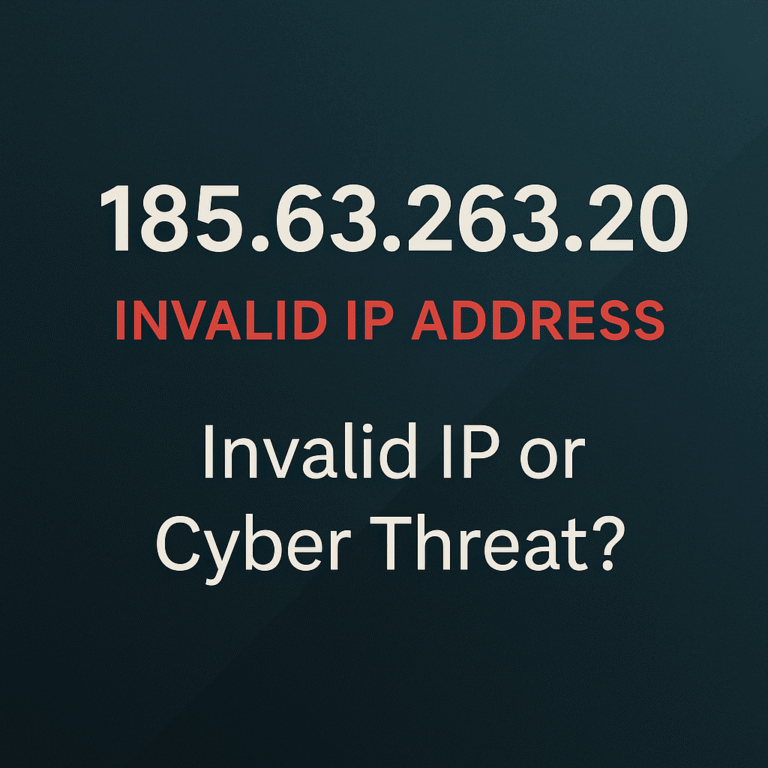Identity theft is an increasing restlessness in a digital world. Private information is at more significant risk today than ever before through online transactions, social media, and electronic communication. The price to be paid by such theft is very heavy: fiscal loss, credit ruin, and emotional stress. Knowing the ways to prevent, detect, and recover from identity theft becomes very important in defending one’s identity and fiscal well-being. Whether you require a restitutionary refund from the broker through Radly Group or need assistance fighting fraudulent accounts, their professional knowledge can change the game when it comes to your recovery.
Understanding Identity Theft
Identity theft is when someone unlawfully acquires your private information and uses it without your permit. The information is used to then carry out mischievous activities or any other crime, most of the time undiscovered until a lot of damage has been perpetuated.
Common Types of Identity Theft
- Financial Identity Theft: Most usual of them all is fiscal identity theft, whereby thieves make transactions not authorized by you with your fiscal information, open a credit account, or take out loans in your name.
- Medical Identity Theft: Thieves use your health insurance data to get treatment, buy prescription drugs, or file fake claims with your insurer.
- Criminal Identity Theft: Here, the criminal gives your private information to law enforcement upon arrest. As a result, criminal records are then made within your name.
- Synthetic Identity Theft: Here, real and fictitious information is unified to make a new identity, which in turn opens fraudulent accounts. Coomersu
Prevention: Safeguarding Your Identity
Identity theft requires taking preventive measures toward the security of personal information. Though it can never be fully prevented, the following can greatly cut down your vulnerability toward identity theft.
-
Protect Your Personal Information
Exercise caution in sharing personal information, particularly online. Do not publish any personal data on social networking sites, similar to full name, address, or date of birth. If you should send information to a company or any other organization, make sure that it is estimable and has a safe website.
-
Use Strong Passwords and Two-Factor Authentication
Make unique, solid passwords for accounts and consider changing it from time to time. Create compound passwords which consist of letters, numbers, and different characters that no one would be able to guess. Besides, wherever possible, turn on two-factor authentication for more security.
-
Monitor Your Financial Accounts
Check your bank statements and credit card statements on a regular basis, and do not neglect any credit report. This way, you will be able to detect any fraudulent activities long before they reach your bank. Therefore, any further loss will be stopped with the early detection of unauthorized transactions.
-
Secure Your Devices
Secure your computer, smartphone, and other devices by installing antivirus software, using firewalls, and by keeping your operating system and software up to date. Avoid using public Wi-Fi for vulnerable transactions, and consider using a virtual private network (VPN) for additional security.
-
Be Cautious of Phishing Scams
Phishing is the type of scam where someone tries to gain access to your personal information by sending you an email that looks like it comes from a trusted source or business. Watch for unsolicited emails, telephone calls, or text messages asking for personal information. Contact the requesting sources to define if they are advocating or requiring this type of information from you.
Detection: Recognizing the Signs of Identity Theft
One can only hope that the sooner any case of identity theft is detected, the lesser harm will be needed to be dealt with. Distinguishing the marks of identity theft can guide you to take proper and fast action to decrease the loss.
-
Unexpected Bills or Collection Notices
If you receive bills for services or products that you haven’t bought, or are contacted by debt collectors for some debt that seems not related to you, this may be a sign that a thief has used your identity.
-
Unauthorized Transactions
Be vigilant with your financial accounts for any unauthorized transactions. Even small, seemingly insignificant charges can be used as a hint that your account has been breached.
-
Unknown Accounts on Your Credit Report
Make a point of checking the credit report every so often for any unknown accounts or inquiries that are made. If you find something new in the account list that you never registered, it’s high time you dig deeper into it.
-
Denied Credit Applications
If you are turned down for credit or a loan and you have an excellent credit history, fraud on your credit report is probably why. Knowing the reason you’re denied credit may help you uncover identity theft.
Recovery: Steps to Take If You’ve Been Victimized
Once you reveal that you are a victim of identity theft, there is plenty you need to do suddenly to minimize the damage and begin the recovery process.
-
File the Theft to Authorities
Contact local authorities, file a report with them, and then reach the Federal Trade Commission. Both these steps will pave the way for the record of this identity theft and help deal with creditors and financial institutions.
-
Notify Financial Institutions
Call your bank, credit card companies, and any other financial institutions that may have your information. Have them place a freeze on all your accounts and flag them for any further suspicious activity.
-
Dispute Fraudulent Charges
Contact your financial institutions to dispute any fraudulent charges or accounts opened fraudulently. You will be required to provide these institutions with copies of your police report and your FTC affidavit.
-
Place a Fraud Alert and Credit Freeze
Put a fraud alert on your credit reports with major credit bureaus. This will tell the creditor to make necessary changes and take extra precautions if they do apply for opening a new account in your name through you. Moreover, put a credit freeze in place which restricts access to your credit report and prevents the opening of new accounts.
-
Seek Professional Assistance
Recovering from identity theft is hardly ever easy. Reputable legal firms such as Radly Group assist victims of identity theft in recovering their losses and getting back into a sound financial situation.
Conclusion
Identity theft is a threat that requires being very careful and proactive. Protecting your personal information, being vigilant about possible scams, and acting expeditiously in case your identity is compromised can help you reduce the risks and ensure a smooth recovery process. With the right kind and level of knowledge as well as resources, like professional legal help, you will secure your identity and deal with your financial fate personally.
Brit is a passionate writer with a love for storytelling and exploring the depth of human experience through words. With a keen eye for detail and a thoughtful voice, Brit crafts pieces that resonate with readers and spark meaningful reflection. When not writing, Brit enjoys quiet moments with a good book, long walks, and finding inspiration in everyday life.






